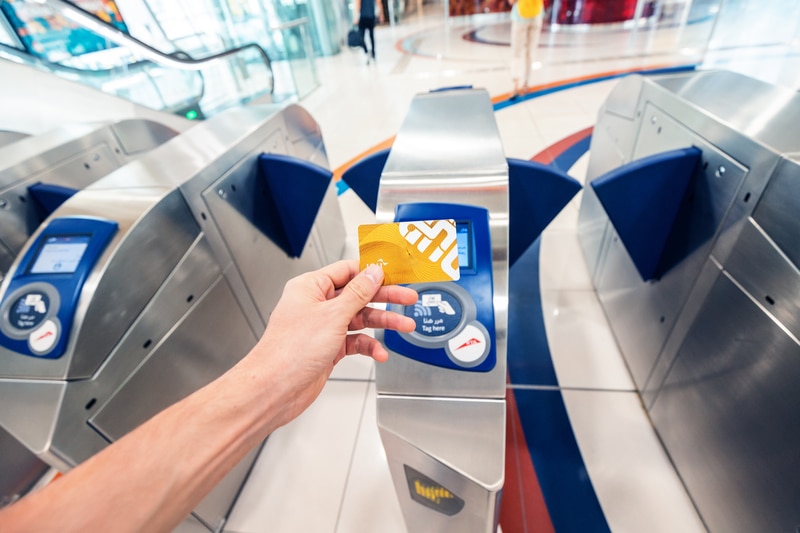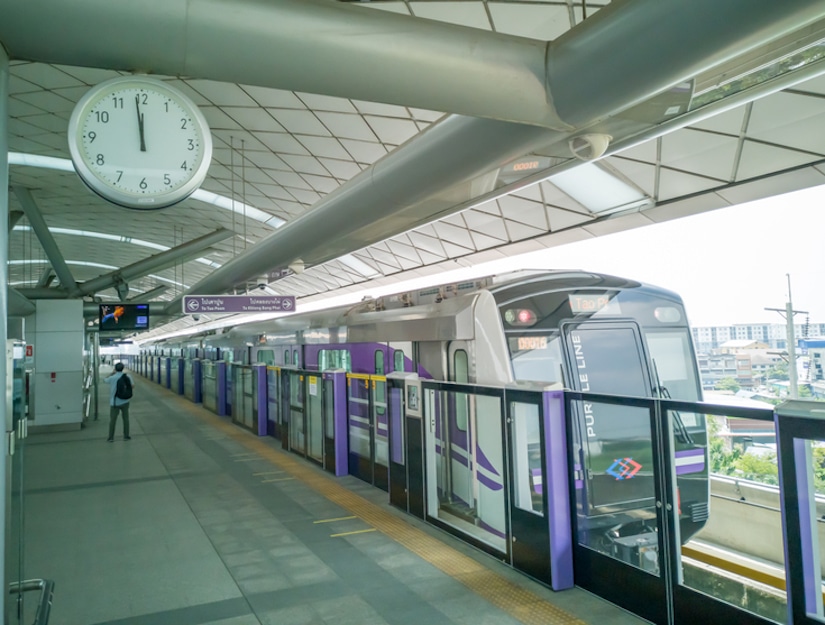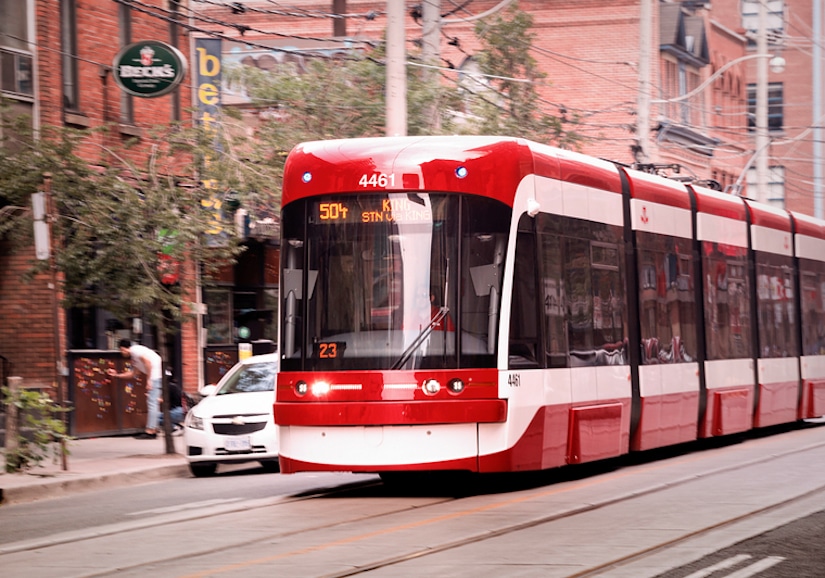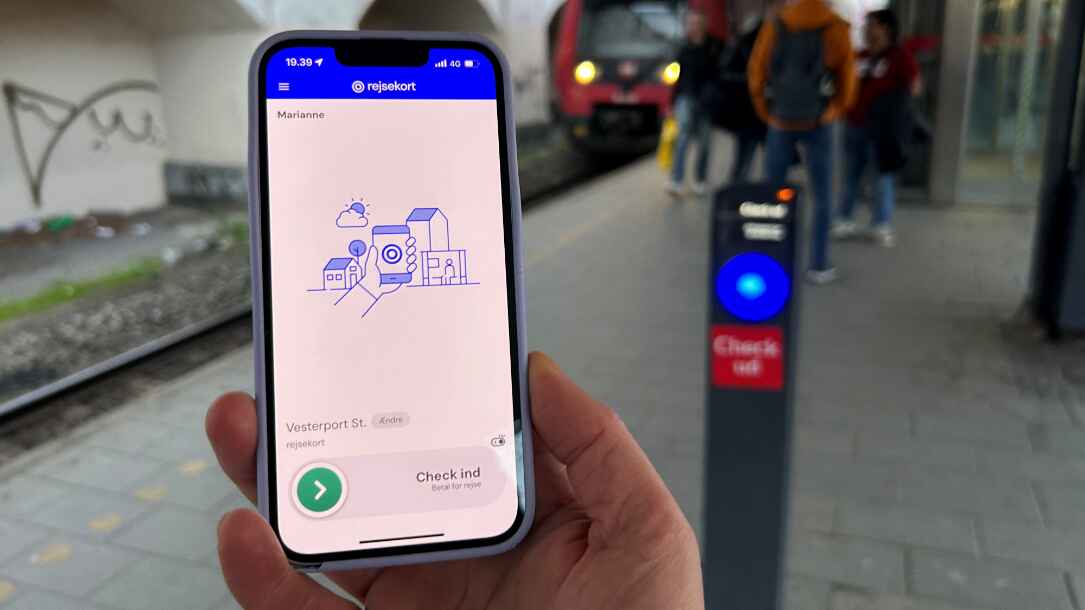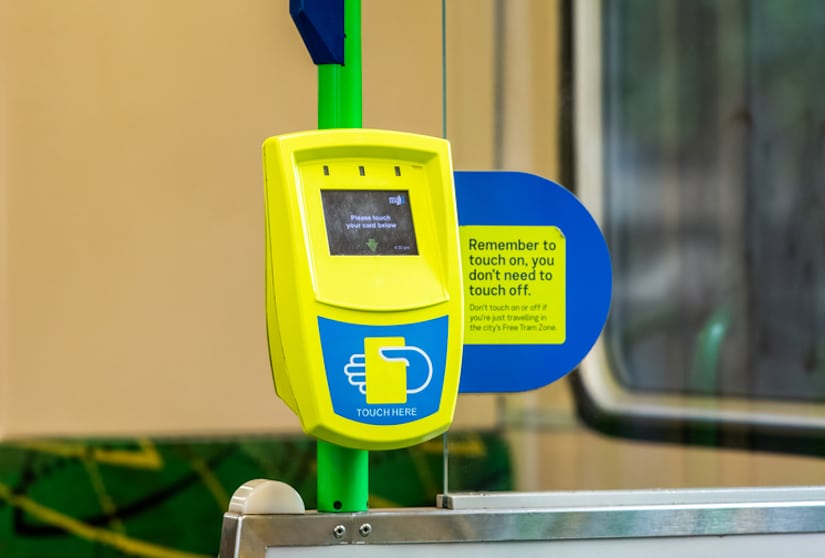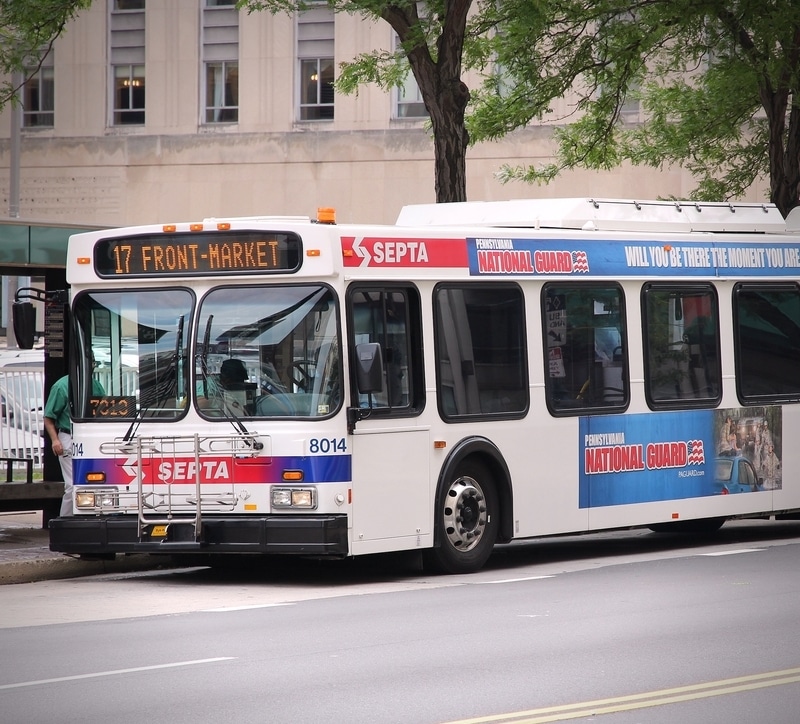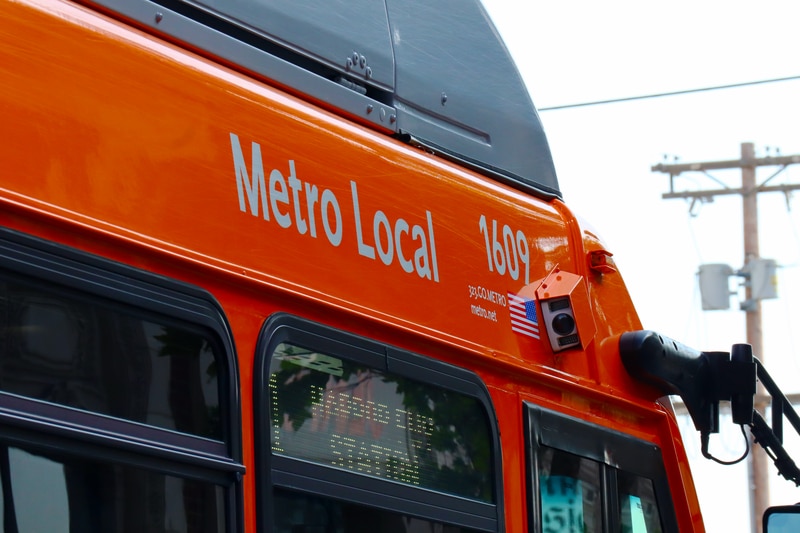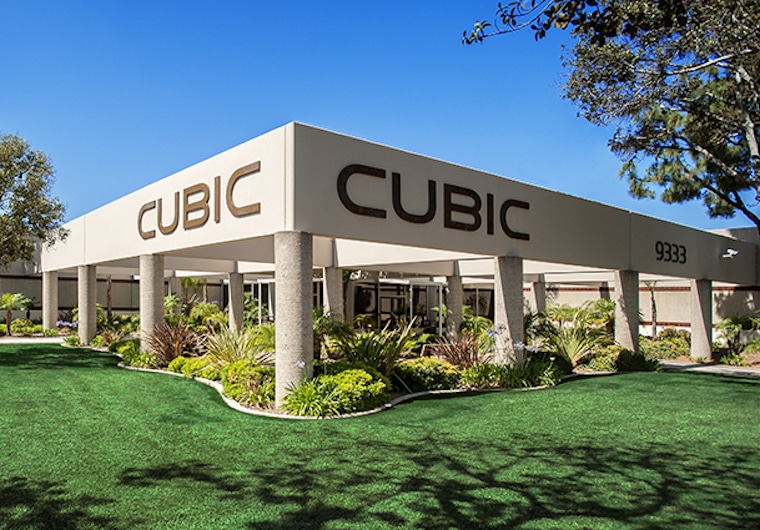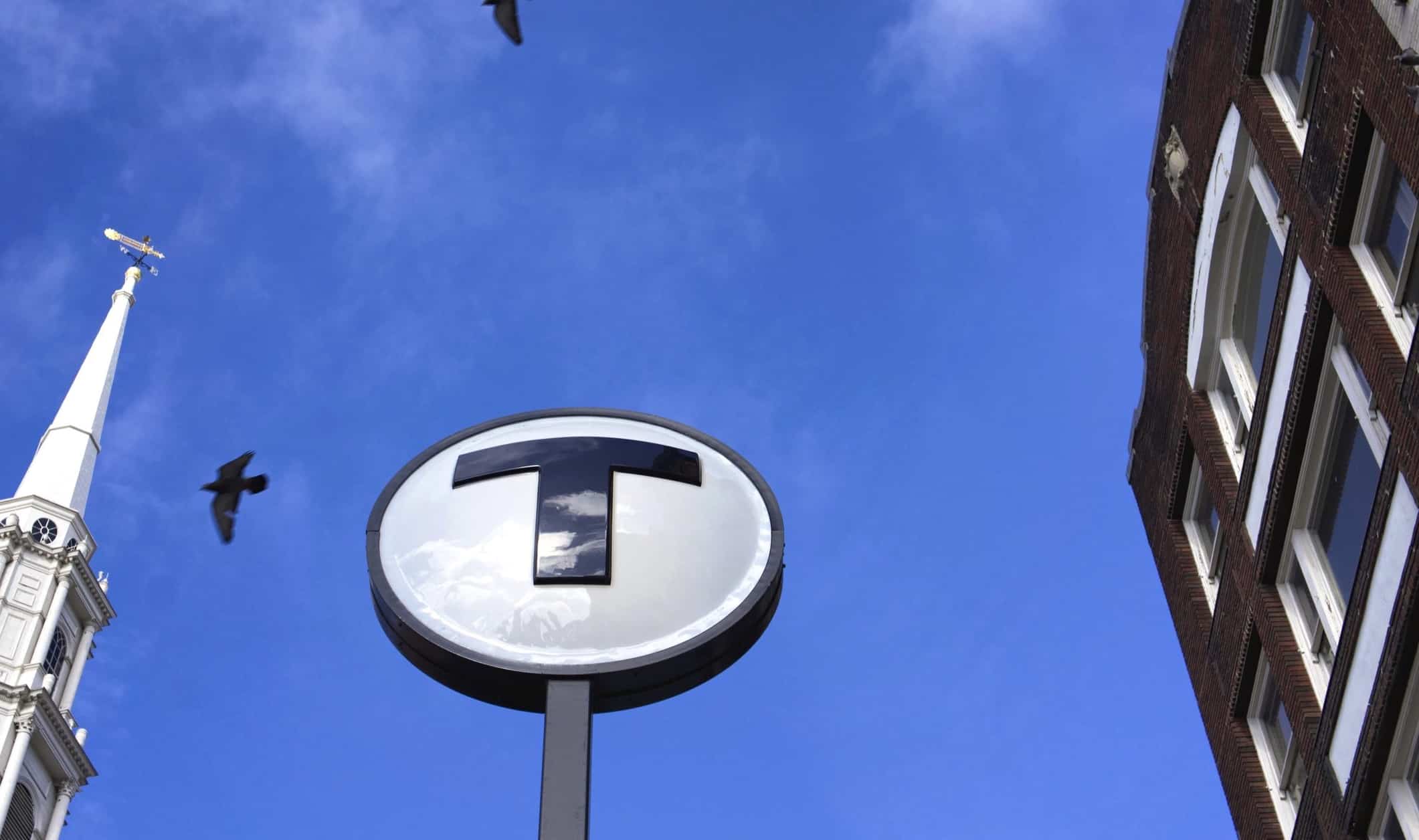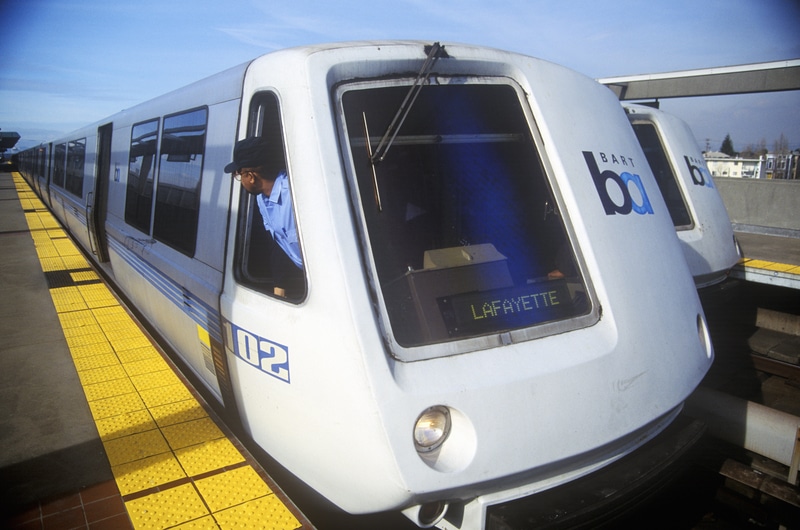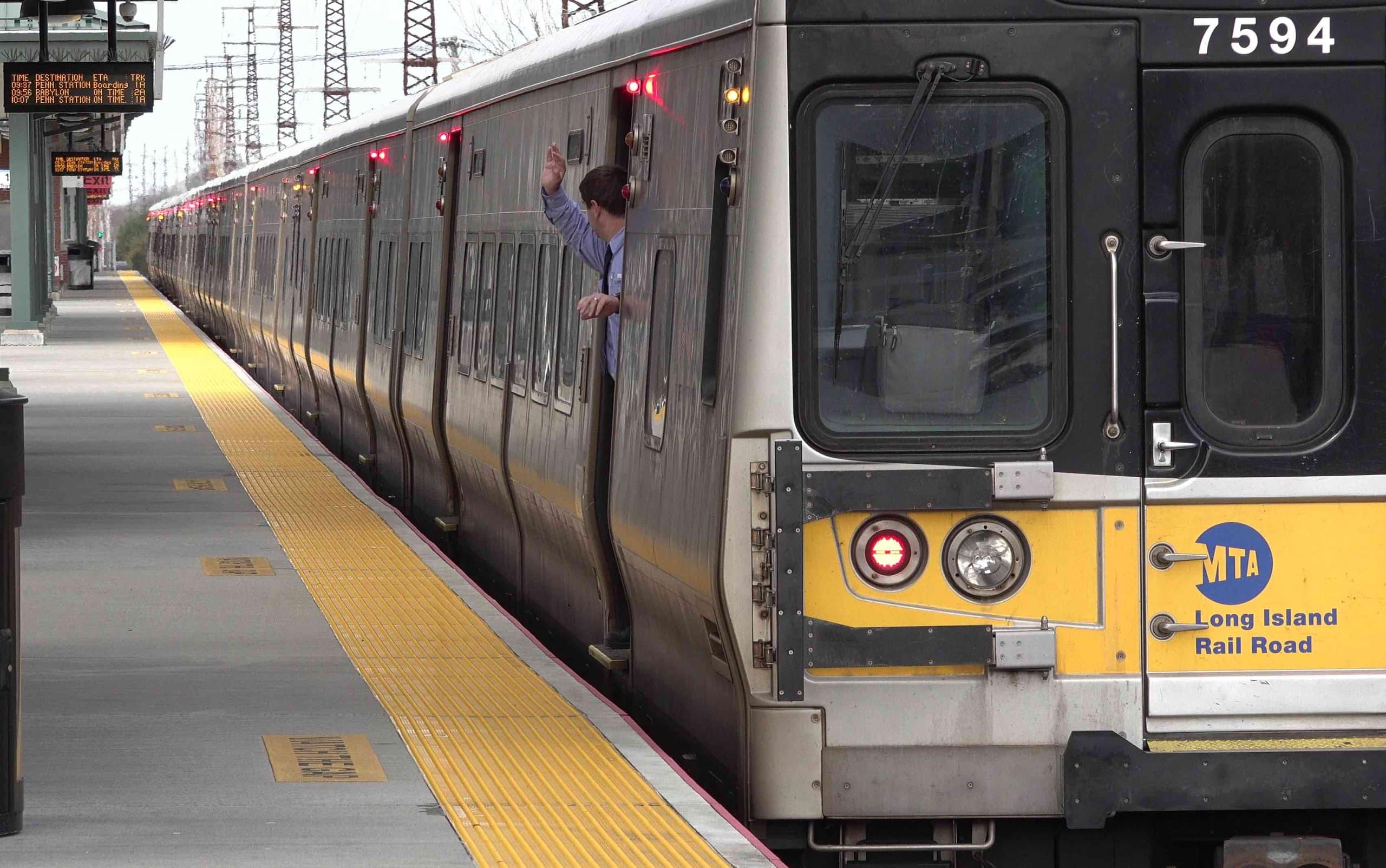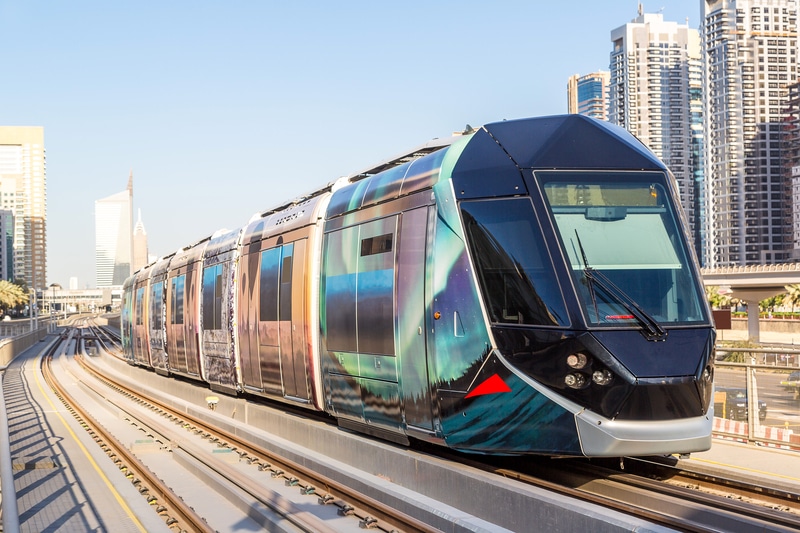
Article Highlights
The Roads and Transport Authority, or RTA, in Dubai has been evaluating proposals from at least five vendors for the overhaul of its fare-collection system. In addition, the Utah Transit Authority received eight bids for its contract for an interim mobile-ticketing service, and AVM in Venice has had to delay the award of its concession deal to launch open-loop payments because of an appeal.
Table: Masabi Pricing-Two Years of M-Ticketing Operations for UTA
• RTA (Dubai)
• UTA (Utah)
• AVM (Venice)
• Masabi
• Conduent
• Thales
• Scheidt & Bachmann
• Bytemark
• Token Transit
• Octopus
• Ridango
• Modeshift
• Unwire
• KAI
The Roads and Transport Authority, or RTA, in Dubai has been evaluating proposals from at least five vendors for the overhaul of its fare-collection system, Mobility Payments has learned.







